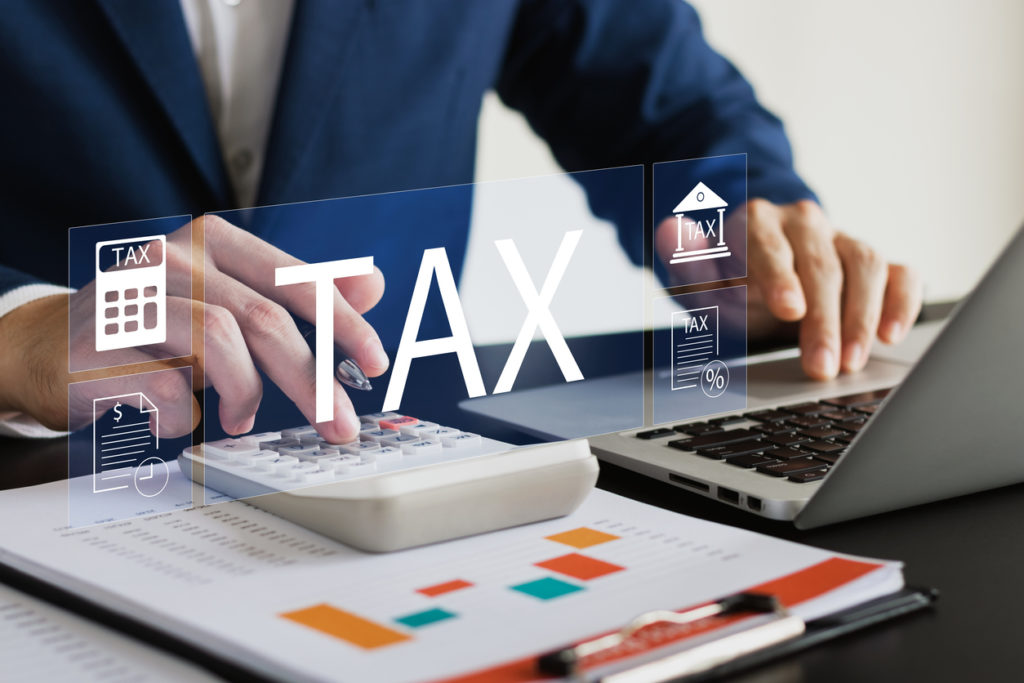Published by ThinkRealty.com | September 14, 2023
One of the most appealing aspects of owning single-family rental homes is the long list of deductions available to you come tax time.
Unlike an owner-occupied property, when you own and operate rental homes you can claim deductions for a wide range of expenses, from insurance to maintenance costs to property management fees. Not all costs related to your rental homes are deductible, however. For this reason, it is important to know what you can and cannot deduct. This information can also help you with your recordkeeping system so that you have the documents you’ll need at tax time.
Deductions You Can Take
According to the IRS, there are a number of common rental expenses that you can claim as deductions on your federal income tax return for the year in which they were paid. These expenses include things like advertising, insurance premiums, and legal fees. You can also deduct your property taxes and homeowner’s association or condo dues if any. Other common deductions you can take include:
- Commissions paid to rental agents
- Expenses related to obtaining a mortgage
- Property management fees
- Utilities
- Mortgage interest
- Depreciation
- Cleaning and maintenance
- Tax return preparation fees
- Accounting expenses
- Travel expenses
However, there are a few caveats to keep in mind. For example, travel expenses consist of a standard mileage deduction when you travel locally to your rental homes for showing, collecting rent, or performing maintenance or repairs. If your rentals are outside your local area, you can still deduct your travel expenses as long as the purpose of your trip is to do any of the tasks listed above. However, if your travel plans include anything unrelated to managing your rentals, you may not be able to deduct that portion of your trip.


